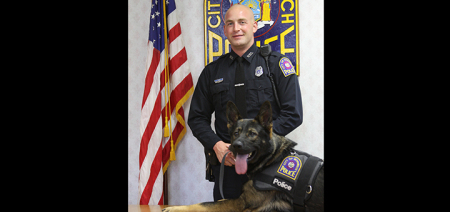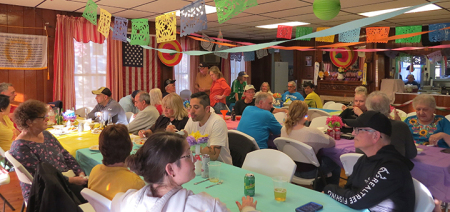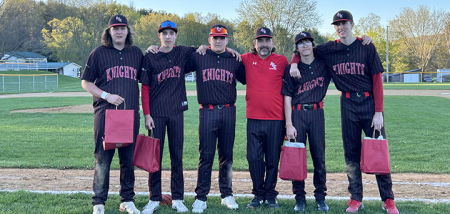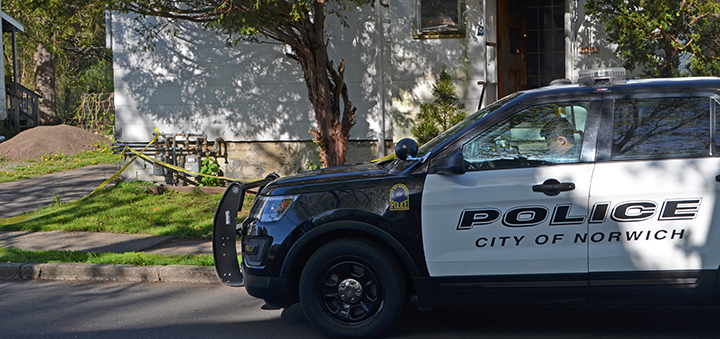Notes On A Scandal
Published:
May 14th, 2014
By Kathryn Lopez, NEA Columnist
An exhausted Hillary Clinton crying on the New Hampshire primary trail; Bill Clinton's heart attack; Jimmy Carter equating religious persecution with certain church propositions. They're all reminders that politicians are people, too.
With the reappearance of Monica Lewinsky -- the White House intern at the center of President Bill Clinton's impeachment scandal -- on the national stage, one storyline is a review of who did not come to her aid back in the '90s. The "one free grope" pass that leading feminists gave President Clinton when faced with questions of abuse of power and sexual harassment was far from the feminist movement's best moment. But those weren't pretty days, and living through them once was enough. Recycling talking points and rhetoric from two decades ago does little good now -- unless you're a campaign strategist thinking it can help your candidate or hurt another. It also might miss the most important lessons of that shameful moment of contemporary history.
In her recent piece in Vanity Fair, Lewinsky writes about the impact that Tyler Clementi had on her life. Clementi was an 18-year-old Rutgers University freshman who killed himself after video of him kissing another man was made public. The death deeply affected Lewinsky's mother. Lewinsky realized her mother "was reliving 1998, when she wouldn't let me out of her sight. She was replaying those weeks when she stayed by my bed, night after night, because I, too, was suicidal. The shame, the scorn, and the fear that had been thrown at her daughter left her afraid that I would take my own life -- a fear that I would be literally humiliated to death."
Life does go on, though. Humiliation can strengthen us, stripping us of all pretension. Lewinsky writes that in the wake of Clementi's death, her "own suffering took on a different meaning. Perhaps by sharing my story, I reasoned, I might be able to help others in their darkest moments of humiliation."
Today, just about everything is a spectacle to comment on. People are expected to live their lives in public. Abortion is presented as a privacy issue, even as one activist recently posted a video of hers online. The very notions of public and personal lives are shifting dramatically.
But sometimes, now and again, we are reminded that behind the public persona or the online profile, people -- even the president and a former first lady who may become president, too -- are human. We remember that there is more to life than our mistakes, political platforms or campaign success.
Reading Lewinsky's Vanity Fair piece, we are reminded of the humiliation Hillary Clinton suffered, too. Even as political junkies devour the latest news story on the road to 2016, we are reminded that even power couples are dealing with the drama of life and the choices they've made. Mrs. Clinton, confiding to a friend, might have tried to cast her husband in the best possible light, even while furious at him. The first lady of the United States might have gone on TV doing her best stand-by-her-man routine, even while denying doing anything of the sort. None of that changes the fact she's a woman, a wife and a mother having to read about her family's ugly secrets in the newspaper, again and again.
When we fail to see the humanity in everyone, we've lost something of our souls. One is reminded of the Christmas Truce of 1914; even at war, sworn enemies,= on the battlefield can stop and realize that there is something more.
In his new book, "What Works," newspaper columnist Cal Thomas makes a suggestion: "Start introducing yourself to people of political persuasions different from yours." Think about common goals and results, he suggests. In the book, he lays out a whole host of contentious issues and opportunities for working together and opening lines of discussion that emphasize humanity over ideology. All these things are part of the recipe for success.
The next time you see your political enemy stumble, consider it an opportunity. Not to go in for the kill, not for false civility, but for brotherly love. It might just make our politics more merciful, and even, dare we hope, constructive. It may even be the chance that justice needs to soar.
Comments






